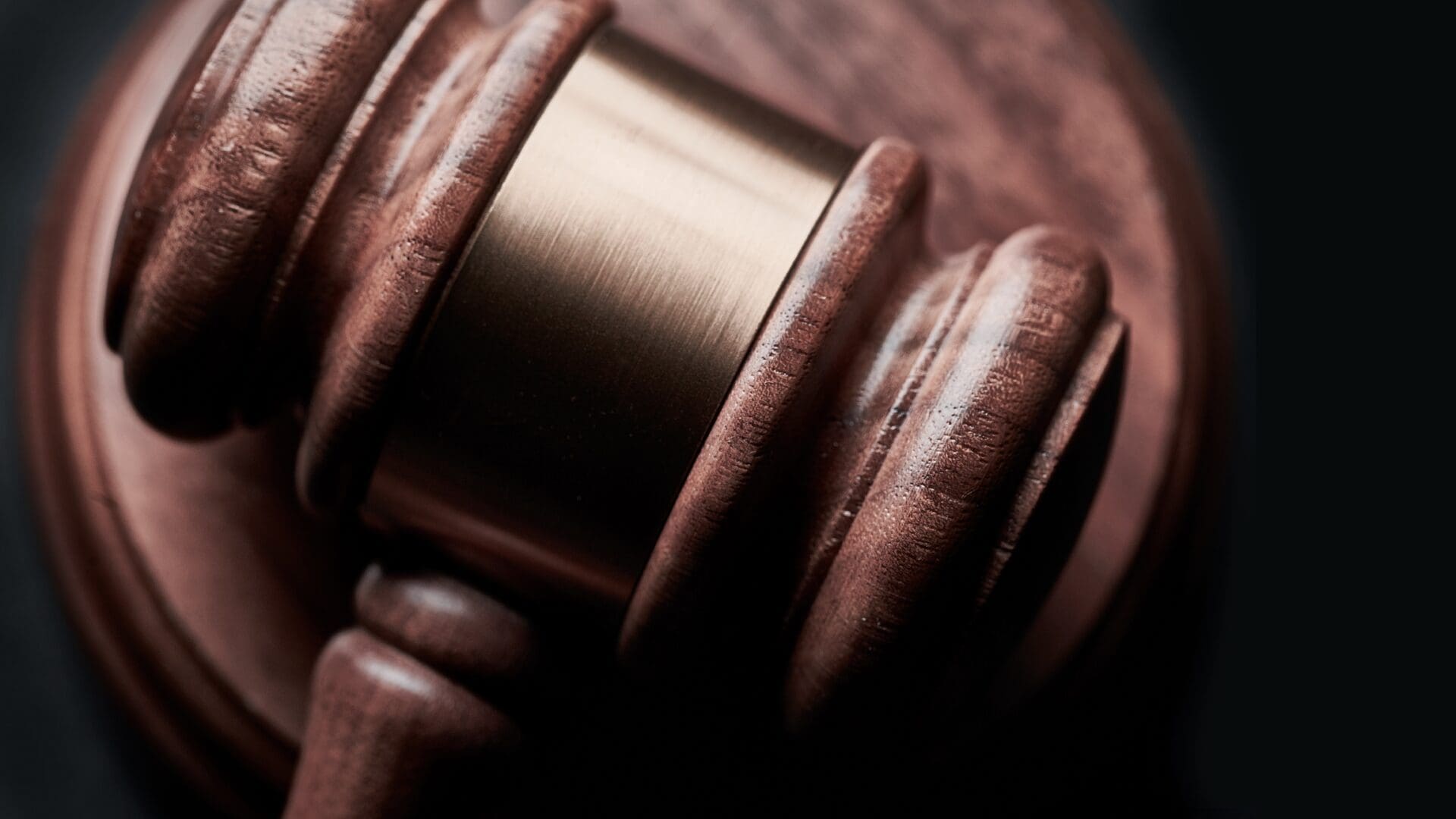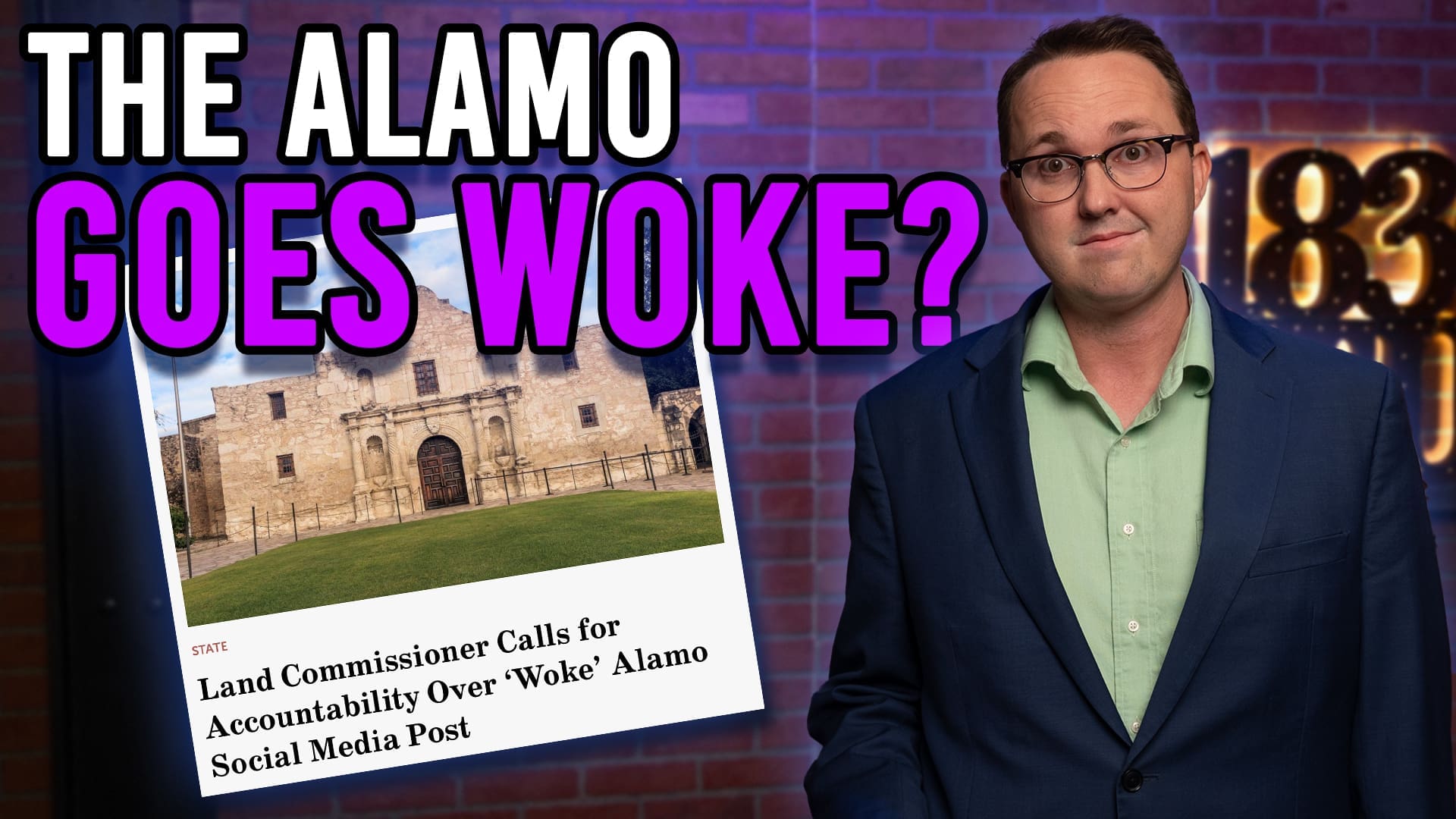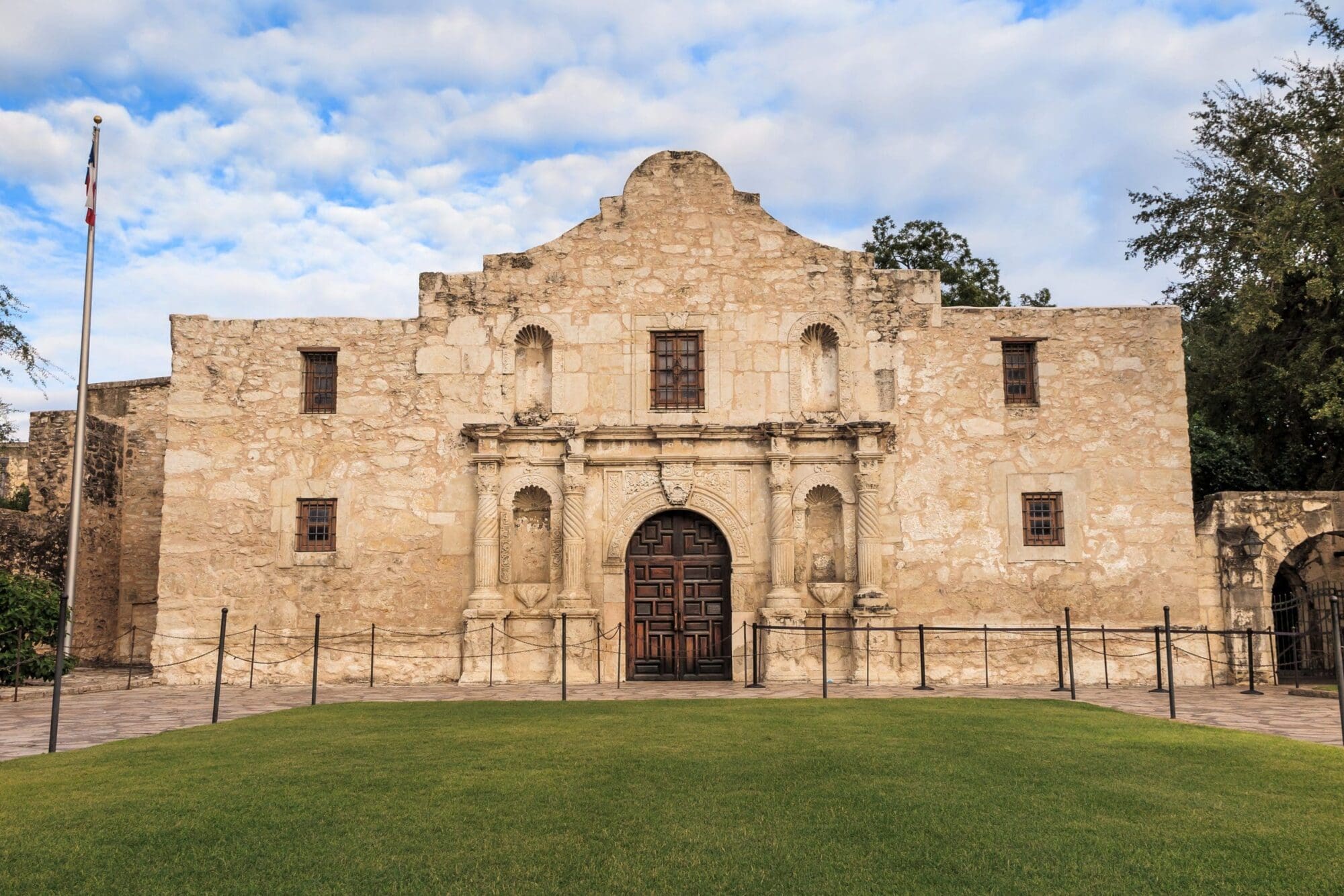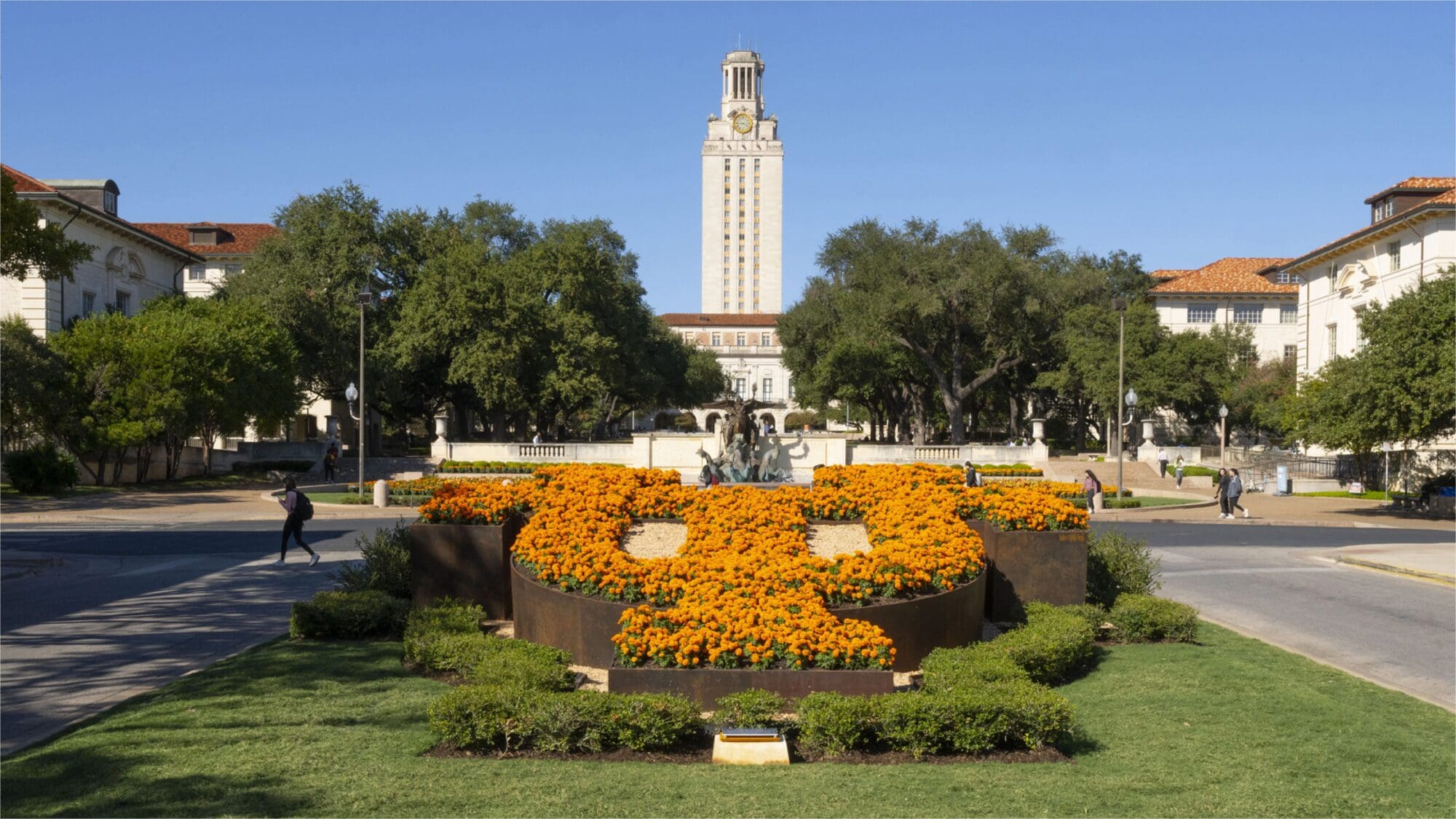A federal court has vacated an injunction against Arkansas’ statewide ban on THC. Gov. Greg Abbott had cited the court challenge to this law as a reason for vetoing a similar proposed ban in Texas.
Late Sunday night, Abbott vetoed Senate Bill 3, which would have banned the sale of synthetic and semi-synthetic THC products like Delta-8 and Delta-10 in Texas. Instead, he called for a special session starting July 21 to create a regulatory framework for intoxicating THC products.
Abbott’s veto message cited legal concerns, particularly the potential for the Texas law to be struck down as preempted by federal law, as happened with a similar law in Arkansas at the district level. That injunction was vacated by a court of appeals decision.
At issue has been a law known as Arkansas Act 629, passed by that state’s legislature in 2023. It outlawed much of the state’s previously legal hemp industry. But it also included a savings clause allowing “continuous transportation” of federally compliant hemp through Arkansas and alternative provisions effective only if primary provisions are enjoined.
Gov. Sarah Huckabee Sanders (R) signed Act 629 into law in 2023.
In response, a coalition of affected businesses, including primary plaintiff Bio Gen, sued state officers in their official capacities—including Gov. Sanders—alleging that Act 629 is unconstitutional.
Part of their argument pointed to the federal Agricultural Improvement Act of 2018.
The district court granted Bio Gen’s motion for a preliminary injunction, which was the justification Abbott pointed to in his veto message.
However, Lt. Gov. Dan Patrick, who had made SB 3 a priority, signaled at his Monday press conference that his team believed the U.S. Eighth Circuit Court of Appeals would side with Arkansas in its decision.
And they did. Judges James Loken, Jonathan Kobes, and Chief Judge Steve Colloton of the U.S. Eighth Circuit Court of Appeals vacated the preliminary injunction and remanded the case back to the district court.
In their decision, the judges wrote that Arkansas was in compliance with the Agricultural Improvement Act, which allows for states to take “primary regulatory authority over hemp production after they apply for and receive permission from the United States Department of Agriculture.”
The judges found that “Arkansas applied for and received USDA approval to assume primary regulatory authority over in-state hemp production.”
The judges also found that the aforementioned “savings clause” was critical to their ruling, as it allowed compliance with the preemption clause of the federal Agricultural Improvement Act.
Patrick posted on X after the court’s ruling was published.
“This is the second major news story today on banning THC products, with one story about Congress considering a national ban,” he wrote. “It won’t be long before 8,000 smoke and vape shops will be out of business in Texas. All we have to do is pass SB 3, just like we passed during the regular session.”
Gov. Abbott’s press secretary, Andrew Mahaleris, responded to the ruling in a statement to Texas Scorecard.
“The Arkansas law differs from S.B. 3 in legally consequential ways. Unlike the Texas bill, Arkansas’ law did not ban ‘any amount’ of a cannabinoid, it expressly permitted hemp farming consistent with federal law, and it carved out interstate transportation,” Mahaleris wrote. “Those are three legal concerns Governor Abbott raised about S.B. 3 that do not exist in the Arkansas law. Even though the Arkansas law was not plagued with the same legal defects as the Texas bill, it still was unenforced for two years and will be further tied up in court for years to come. The Governor vetoed the Texas bill because we do not have time for a protracted legal fight – we must act now to keep Texas children safe. That process begins next month.”
No ads. No paywalls. No government grants. No corporate masters.
Just real news for real Texans.
Support Texas Scorecard to keep it that way!






